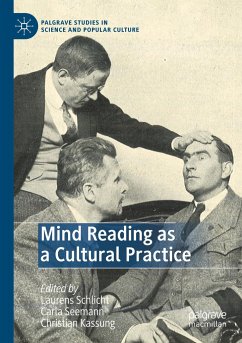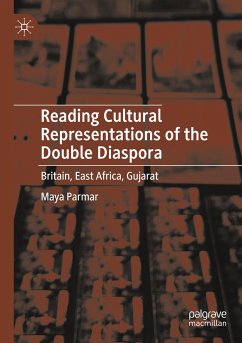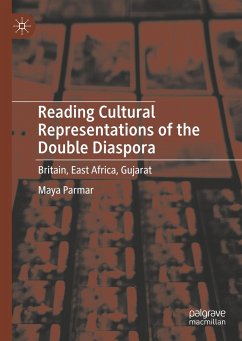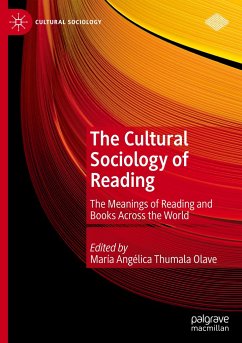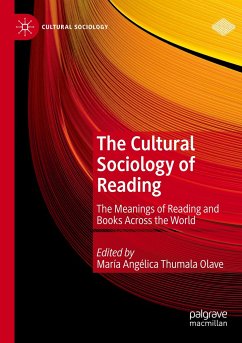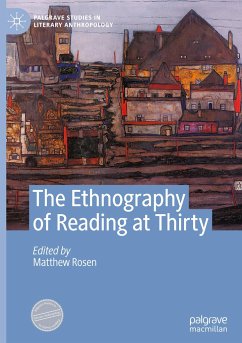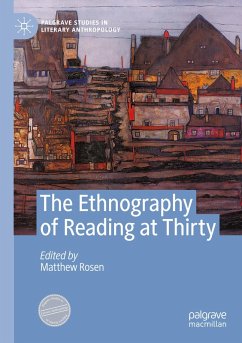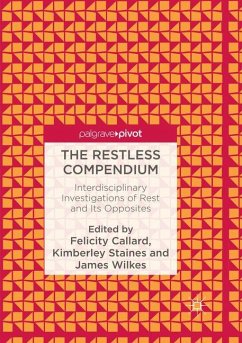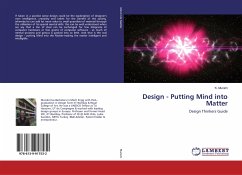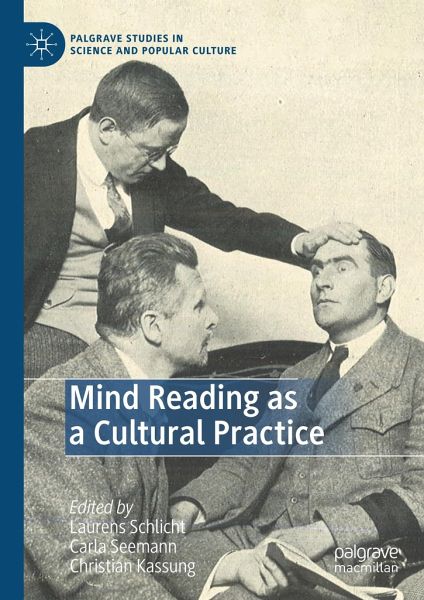
Mind Reading as a Cultural Practice

PAYBACK Punkte
19 °P sammeln!
This book provides a genealogical perspective on various forms of mind reading in different settings. We understand mind reading in a broad sense as the twentieth-century attempt to generate knowledge of what people held in their minds - with a focus on scientifically-based governmental practices. This volume considers the techniques of mind reading within a wider perspective of discussions about technological innovation within neuroscience, the juridical system, "occult" practices and discourses within the wider field of parapsychology and magical beliefs. The authors address the practice of,...
This book provides a genealogical perspective on various forms of mind reading in different settings. We understand mind reading in a broad sense as the twentieth-century attempt to generate knowledge of what people held in their minds - with a focus on scientifically-based governmental practices. This volume considers the techniques of mind reading within a wider perspective of discussions about technological innovation within neuroscience, the juridical system, "occult" practices and discourses within the wider field of parapsychology and magical beliefs. The authors address the practice of, and discourses on, mind reading as they form part of the consolidation of modern governmental techniques. The collected contributions explore the question of how these techniques have been epistemically formed, institutionalized, practiced, discussed, and how they have been used to shape forms of subjectivities - collectively through human consciousness or individually through the criminal, deviant, or spiritual subject. The first part of this book focuses on the technologies and media of mind reading, while the second part addresses practices of mind reading as they have been used within the juridical sphere. The volume is of interest to a broad scholarly readership dealing with topics in interdisciplinary fields such as the history of science, history of knowledge, cultural studies, and techniques of subjectivization.



